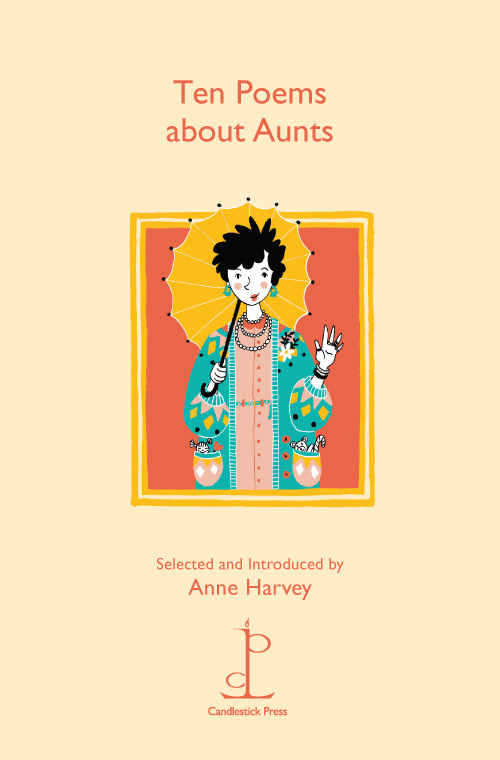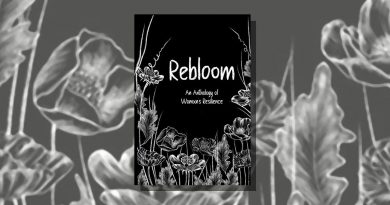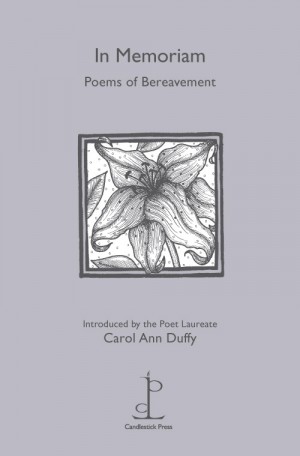Ten Poems About Aunts ed. by Anne Harvey, & Ten Bedtime Poems (vol. 1), ed. by William Boyd
– Reviewed by Emma Lee –
Part of Candlestick Press’ Ten Poems… pamphlet series, Ten Poems about Aunts looks to counteract the bad press writers such as P. G. Wodehouse and Richmal Crompton have given aunts. Christine Webb’s “Aunt Em” “ruled / the kitchen and family with loving / labour and sharp-eyed reproof,” a tough but kindly family glue, and Virginia Graham’s “Aunts” similarly provide succour: “When your heart breaks, as hearts sometimes do, / Aunt Constance at Looe / will feed it on Cornish cream and philosophy, / soothe it with strawberries for tea.” Langston Hughes’ “Aunt Sue’s Stories” sees a child listening, who
Knows that Aunt Sue’s stories are real stories.
He knows that Aunt Sue never got her stories
Out of any book at all,
But they came
Right out of her own life.The dark-faced child is quiet
Of a summer night
Listening to Aunt Sue’s stories.
These aunts are celebrated but serious. Not one of them are battle-hardened Aunt Augustas. They are seen to have a proper role, not just as babysitters. The gifts they bring aren’t always wrapped in bright paper, but are the gift of being listened to and understood by someone who shares your heritage.
Ten Bedtime Poems are for insomniacs who revel in being alone with the moon and stars, rather than readers looking for lullabies or sleeping aids, with poems from W. H. Auden, Philip Larkin, T. S. Eliot, Medbh McGuckian and Jamie McKendrick, amongst others. Wallace Stevens’ “Two Figures in Dense Violet Night” implores:
Be the voice of night and Florida in my ear.
Use dusky words and dusky images.
Darken your speech.
Elizabeth Bishop’s “Armadillo” behaves mysteriously:
Hastily, all alone,
a glistening armadillo left the scene,
rose-flecked, head down, tail down
These are thought-provoking poems, to provide company during an otherwise interminable night.
The choices reflect the likes and prejudices of the selectors rather than the press. It would be unfair to extrapolate the contents of two short anthologies as representative of all Candlestick pamphlets, and the selections were made by one man and one woman. However, it was noticeable that in Ten Bedtime Poems there were eight poems by men and two by women; in Ten Poems About Aunts, a gendered subject, there were six by male poets and three by female poets. It’s fair to say that selectors were not restricted to contemporary poets, and those poems read early in life, that become favourites, are likely to reflect the historical gender bias, but to see that imbalance perpetuated in contemporary anthologies is a disappointment. Other anthologies in the series may offer a different balance. That said, both pamphlets fulfil their purpose, an answer to that dilemma: do I go for the pretty card with a sentiment in doggerel, or a blank card where I have to write my own? Now there’s a valid alternative.





